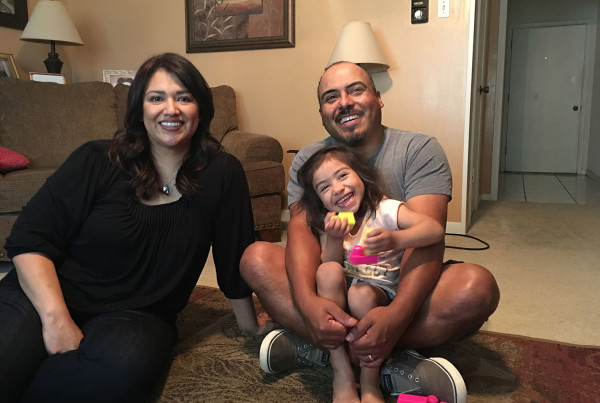This reported piece originally appeared on KUT.
Some are saying the “Stop Trump” movement is more revved up and confident than ever – not because Cruz and Sanders have been racking up delegates – but because of something Trump had to say about abortion. As he sees it, his belief that those who obtain them deserve “some form of punishment.”
There is no doubt this resonates with many Texas women who see themselves as being punished for being Texas women.
Indeed, laws affecting reproductive rights – restricting access to abortion, styled by Texas lawmakers as efforts to safeguard women’s health – are facing a legal challenge in the nation’s highest court, as we speak. But some see a move by the Food and Drug Administration to have the potential to at least partially side-step the Texas restrictions, offering more Texas women an option beyond surgical abortion. The impact could be profound, and could spark a regulatory showdown with Texas.
A simple label-change from the U.S. Food and Drug Administration could have a sweeping impact on access to medication abortions in Texas. The federal agency announced on Wednesday it’s updating how the pill — not an emergency contraceptive like Plan B, but a medication taken to induce abortions — should be administered.
This change puts federal guidelines for how to dispense the country’s most widely used abortion pill in line with what doctors have been doing for a while now. The FDA says clinicians can now prescribe a lower dose of the drug, and they can prescribe it 10 weeks into a pregnancy. The cutoff used to be roughly 50 days.
“This is really an advance for Texas women who, because of the restriction in HB2, have been forced to use an outdated protocol that is less effective,” says Janet Crepps, an attorney with the Center for Reproductive Rights.
The group is actually challenging that 2013 Texas law she mentioned, House Bill 2, the state’s omnibus abortion bill that’s now before the United States Supreme Court.
Crepps says this is good news, but really this change in protocol doesn’t change other existing laws that make legal abortions hard to obtain in Texas.
“The medication protocol requires two trips to the clinic: one to take the medication and a follow-up,” she says. “Texas, however, requires women make an extra, unnecessary trip in order to hear state-mandated information 24 hours before the abortion, if they live within 100 miles of the provider.”
Then there are a slew of other rules in HB2 that, Crepps says, forced clinics to shutter across Texas. On top of that, Dr. Daniel Grossman, a professor at the University of California San Francisco, says some of clinics that remained open stopped offering medication abortions because of the same law.
“During the first six months that HB2 went into effect, we saw that there was a 70 percent decline in medication abortion statewide, which was really a profound drop in the number of medication abortions,” Grossman says. “And, part of that is women had to travel farther; it was more expensive.”
Grossman co-authored a couple of studies that examined the effects of HB2 on abortion access with the Texas Policy Evaluation Project at UT Austin. He says he hopes this could eventually lead to more clinics offering the abortion pill again. Grossman says, based on surveys he saw in his research, many women in Texas would welcome that change.
“You know, in many parts of Texas, there was a strong preference for medication abortion,” he says. “And, I hope that this newly revised label that’s been approved by the us Food and Drug Administration will be implemented soon across the state so that women will be able to get the kind of procedure that they want.”
The extent to which that will happen is, of course, not a sure thing.














